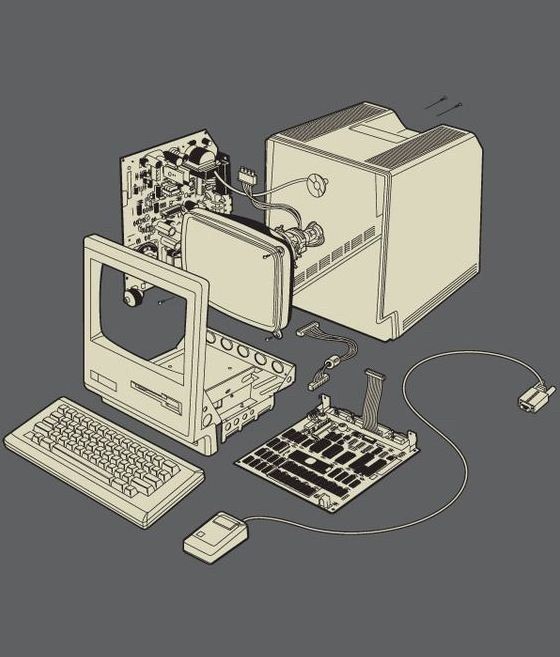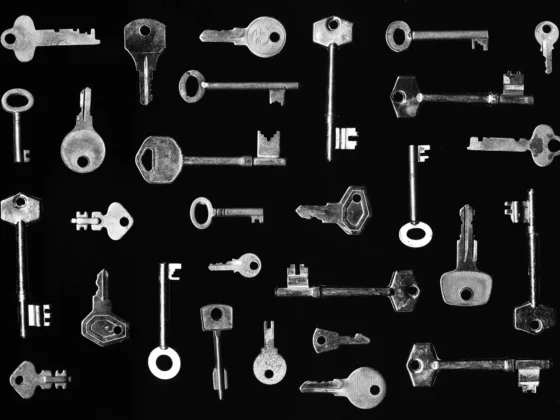To me hacking has always been more than just writing code or breaking into systems. At its core, it’s about thinking differently, challenging assumptions, and pushing boundaries. Every hacker is, to some extent, a rebel—someone who sees rules as flexible, systems as puzzles, and limits as challenges waiting to be surpassed.
The best hackers—whether they’re ethical security professionals or underground black-hats—operate under a mindset that doesn’t accept the status quo. They question everything. They take apart what’s supposed to be unbreakable, not just to exploit it but to understand it better than the people who built it.
Why Hackers Think Differently
Most people see a system and accept it as it is. Hackers see a system and ask, “What happens if I do something the creator didn’t expect?” That’s the essence of hacking: not just breaking into things, but finding ways around limitations that others don’t even notice.
This rebellious streak isn’t about chaos—it’s about curiosity and control. The best hackers aren’t just digital vandals; they’re problem-solvers, thinkers who understand that every lock has a flaw, every security measure has a gap, and every system can be beaten. Whether their motives are ethical (penetration testers, security researchers) or malicious (cybercriminals, nation-state actors), the drive is often the same: to prove that nothing is truly secure.
Beating the System: A Game of Intelligence and Persistence
When you tell a hacker that something is unhackable, you’re not discouraging them—you’re issuing a challenge. The thrill of the game is often in the discovery—not just gaining unauthorized access but proving that even the most carefully designed systems can be outmaneuvered.
That’s why cybersecurity can never be static. New defenses create new challenges, which create new attacks, which demand new defenses. It’s an endless cycle, fueled by the same rebellious energy that hackers have had since the early days of computing.
Hackers in the Modern World
Today, the rebel hacker mindset exists on both sides of cybersecurity:
- Ethical Hackers & Security Experts: These professionals think like attackers so they can predict, prevent, and counter cyber threats before real damage occurs. Penetration testers, red teamers, and security researchers are just as rebellious as their criminal counterparts—but they use their skills to strengthen defenses rather than exploit them.
- Cybercriminals & Nation-State Hackers: Whether they’re launching ransomware attacks, breaching corporate networks, or carrying out espionage, these hackers thrive on outsmarting traditional security models. Their ability to operate outside conventional rules makes them dangerous, unpredictable, and highly effective.
The Takeaway: Cybersecurity is a Battle of Mindsets
Mitnick’s insight is a reminder that cybersecurity isn’t just about technology—it’s about psychology. Hackers live by different standards, and defenders must think like them to stay ahead. The best way to secure a system isn’t to assume it’s safe but to assume someone, somewhere, is already trying to break it.
Cybersecurity professionals who embrace the hacker mindset—who question, explore, and anticipate the unexpected—are the ones who will win the battle. Because in the end, the system will always be tested. The only question is: who gets there first?










